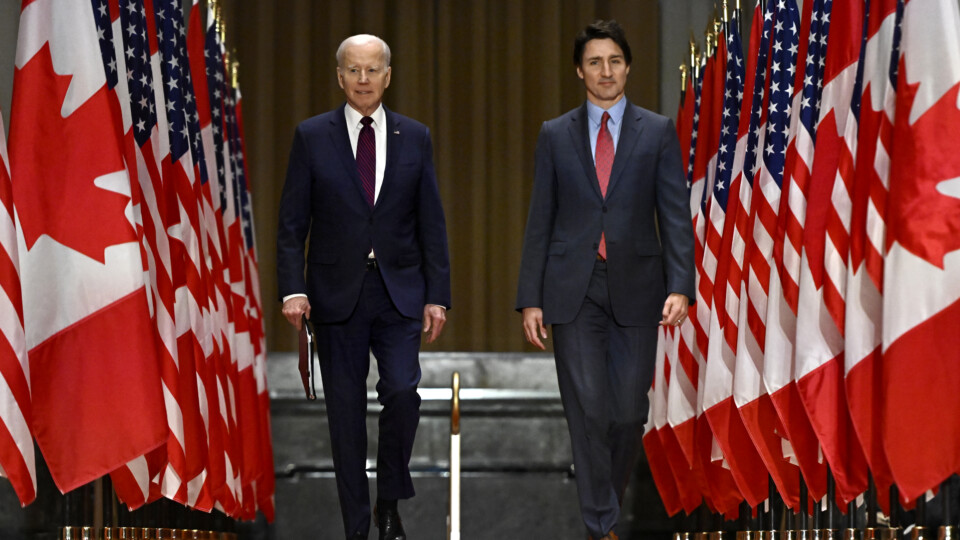Low productivity exacerbated by a Government policy to remove oil and gas revenues from Canada’s economy.
Part of why Canadian per capita GDP is 32% lower than US pc GDP and worsening…

thehub.ca
And a bunch of other stuff too...
The productivity problem
Senior Deputy Governor Carolyn Rogers talks about some of the reasons for Canada’s poor productivity track record, and what we can do to turn the tide.
What’s behind highly productive economies
Three elements contribute to stronger productivity:
- capital intensity—giving workers better physical tools like machinery, and using new technologies to improve efficiency and output
- labour composition—improving workers’ skills and training
- multifactor productivity—using capital and labour more efficiently
Considering these, there are two basic strategies to improve productivity: focus the economy on industries that add greater value, and be more efficient with the work we’re currently doing. Canada generally hasn’t performed well on either front. This needs to change if we want to ensure a stable and prosperous economy for everyone.
Canada needs to do better
When we look at the factors that drive high productivity, we see some clear areas for improvement.
Canada can focus more on making sure the training and education we provide teach the skills we need for jobs today and in the future. This includes post-secondary learning and apprenticeship programs that better respond to what employers are looking for. It also involves leveraging the skill sets of the many new Canadians who immigrate here.
A more competitive business environment would also help drive greater innovation and efficiency. This is particularly important for small and medium-sized businesses that can’t take advantage of the economies of scale afforded to larger companies.
Perhaps most importantly, Canada’s investment levels are nowhere near as high as they should be in the areas of machinery, equipment and intellectual property. In fact, investment levels have decreased over the past decade.
Senior Deputy Governor Carolyn Rogers talks about some of the reasons for Canada’s poor productivity track record, and what we can do to turn the tide.

www.bankofcanada.ca

 www.theglobeandmail.com
www.theglobeandmail.com





